The country now has the experience of more than a decade of the working of decentralised planning and Panchayati Raj under the new dispensation. At this juncture, it would seem opportune to take stock of the progress that has taken place towards decentralised planning in terms, inter-alia, of the issues as follows: whether planning process has really started from the Gram Panchayat level in consultation with the Gram Sabha, going up to the District Panchayat; whether planning has been prepared with the involvement of people, particularly women and marginalised sections; whether District Planning Committees have been constituted and what is their composition; whether spatial and temporal sequences of activities have been coordinated at different levels; whether adequate infrastructure in the form of planning machinery and requisite technical personnel are available at district and sub-district levels; whether proposals submitted by the Panchayats and Municipalities have been integrated with the departmental schemes with due regard to linkages and complementarities; whether projections were made and targets were set in the right perspective by the Panchayats, Municipalities and DPCs; whether costs and estimates for the projects included in the plans were prepared; whether the requisite basic planning skills for preparation of local plans have been imparted to elected representatives through training programmes; whether adequate united funds have been devolved to rural and urban local bodies for the implementation of local plans keeping in view the felt needs of local people. It is well known that not much relevant literature on the progress of decentralised planning after the enactment of the 73 and 74 Amendment Acts is available, on the basis of which one could adjudge as to what extent decentralised planning has been operationalised in the various states and UTs. This book attempts to diagnose the malady from which the decentralised planning suffers and has also suggested the remedy for curing it.
Decentralised Planning and Development in India
by Mahi Pal
$70.20
$78.00
In stock
Free & Quick Delivery Worldwide
All orders amounting to US$ 50 or more qualify for Free Delivery Worldwide. For orders less than US$ 50, we offer Standard Delivery at $14 per book.
ABOUT THE AUTHOR Mahi Pal
Mahi Pal (b. 1955) is a Faculty Member in the Haryana Institute of Rural Development, Nilokheri. Before joining the Institute, he worked in the Ministry of Rural Development, Government of India, Planning Commission and National Commission for SCs & STs, Ministry of Social Justice & Empowerment, Government of India. He had been on a Post-Doctoral Fellowship during 1992-94 at the Institute of Social Sciences, New Delhi where he specialized in the field of Decentralised Planning and Panchayati Raj. Dr. Mahi Pal has published several outstanding research papers in the areas of decentralilsed governance and rural development and is actively engaged in research and training. His previous publications include Land Productivity and Employment in Indian Agriculture, Critical Review of State Panchayats Acts, Capital Formation and Employment Generation in Rural India, Ateet Vartman Aur Bhavishya ( in Hindi) and Panchayat Mein Mahilayen: Seemayen Aur Sambhavanayen (in Hindi). One of his books is being published by the National Book Trust of India. He also participated and contributed papers in various national and international Conferences/Seminars. Recently, Dr. Mahi Pal participated in the International Conference on Federalism in a Changing World: Learning from Each Other, held at University of St. Gallen, Switzerland. The author is also a member of several national associations and academic bodies.
reviews
0 in total
Review by Anonymous
Be the first to review “Decentralised Planning and Development in India” Cancel reply
You must be logged in to post a review.
Bibliographic information
Title
Decentralised Planning and Development in India
Author
Edition
1st ed.
Publisher
Mittal Publications, 2008
ISBN
8183240542
Length
xxii+506p., Tables; Figures
Subjects
more by Mahi Pal see more
Capital Formation and Employment Generation in Rural India
There is hardly any study on ...
$9.00
$10.00

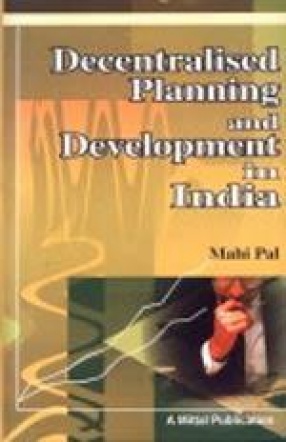
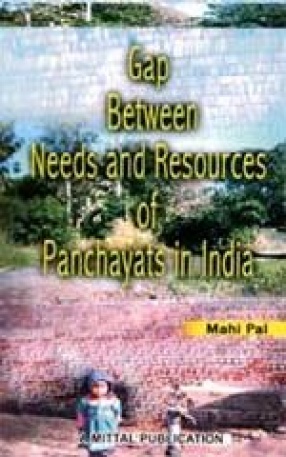

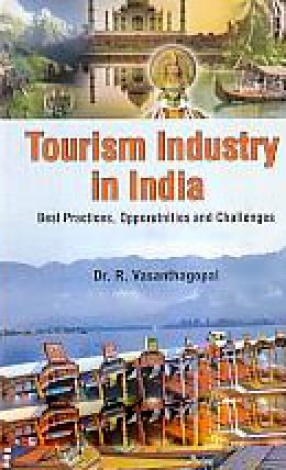
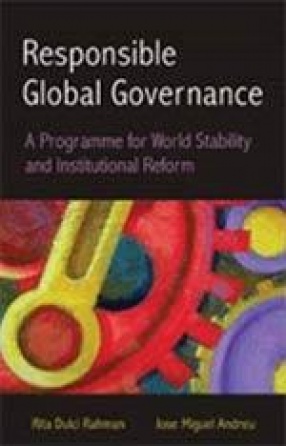
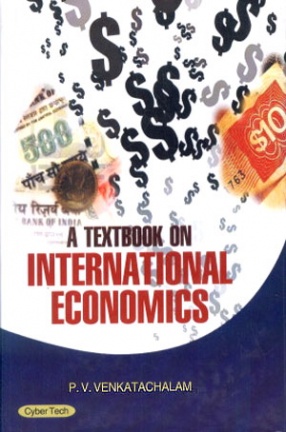
There are no reviews yet.